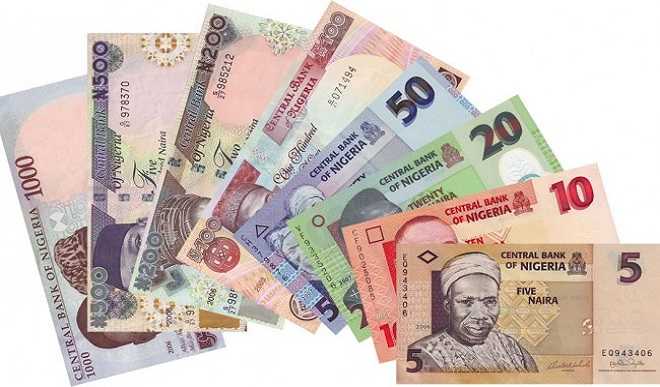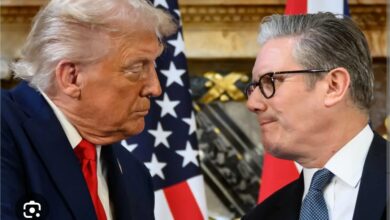Sukuk: Providing alternative financial sources

Basically similar to the conventional finance bond, sukuk is an Islamic financial certificate. But it operates within the precepts of Islamic religious laws. It abhors loans that bear or charge interests.
This principle is called riba in the Islamic law. As such, a sukuk uses the concept of asset monetization instead, that is, cash flows arising from a pool of reference assets are distributed periodically, to replicate the concept of coupon payment.
As an alternative to financial certificates offering interest – and as Sharia-compliant, sukuk are often called “Islamic bonds.” They enable Islamic investors to own certificates that offer a return similar to a coupon bearing instrument and that can be traded in the secondary market.
According to market operators, the structures involved intimidating conventional investors but it is worth noting that they are merely mechanisms to facilitate the transaction. The payoffs and legal implications are similar to those of a conventional bond.
The development of sukuk market
Sukuk, as understood in its contemporary form, lies in a decision of the Islamic Jurisprudence Council (IJC, based in Saudi Arabia) in February 1988 which provided that, “any combination of assets (or the usufruct of such assets) can be represented in the form of written financial instruments which can be sold at a market price provided that the composition of the group of assets represented by the sukuk consist of a majority of tangible assets.”
Since gaining traction in early 2000, the sukuk industry has seen unprecedented growth as a viable alternative to mobilising long term savings and investment from Islamic investors as well as providing a liquidity management tool for Islamic financial institutions such as pension and zakat funds and insurance (takaful) institutions, particularly given the negotiable nature of the product and its listing on recognised stock exchanges – NASDAQ Dubai being one of the prominent exchanges.
Nigeria’s sukuk journey
Since the fall in price of crude oil, the revenue of the Federal Government has been affected significantly given that oil is a major source of government funds. As a result of the decline, the government has been contending with the challenge of financing its budget deficit. And the onus for the efficient management of the debt and sourcing for funds to finance budget deficits rests on the Debt Management Office (DMO).
The agency has been using innovative strategies to raise funds to successfully fund the deficits over the years. As part of its Strategic Plan, 2013-2017, it has the objective of developing alternative sources of raising finance for development and attracting a wider pool of investors. One of these is the issuance of a sovereign non-interest financing products (Sukuk) in the domestic debt market, that would not only serve as an alternative source of financing for the government, but also facilitate the mobilisation of idle funds and allocation of scare resources within the economy.
Last week, the government through FGN Roads Sukuk Company 1 Plc issued a 7-Year N100billion Sukuk (bond). The Sukuk is offered at N1, 000/unit (minimum of N10, 000 or 10 units) like a regular bond but represents an ownership interest in the asset to be financed rather than a debt obligation.
As such, participants will be paid a semi-annual, tax-free rental income (not coupons) of 16.47% on a pro-rata basis. The issuance is open to all investors but specifically offers ethical investors an opportunity to partner with the Federal Government to fund developmental projects. The sukuk represents the form of alternative funding for the Federal Government, who is looking to raise as much as $5 billion from the foreign debt markets.
Some of the roads to be funded by the bond included the Ibadan-Ilorin Roadd, Kolo-Otuoke-Bayelsa-Palm Road, Enugu-Port Harcourt Road, Kaduna Eastern By-Pass, Kano-Maiduguri Road and Loko-Oweto Bridge over River Benue.
According to market operators, Nigeria’s sukuk bond makes a lot of sense considering that the country is home to the largest Islamic population in sub-Saharan Africa. Therefore, generating interest in the bond should not be much of a problem.
Although this is the first sukuk at a federal level, it is not the first in Nigeria. Osun State had in 2013, issued N10billion worth of sukuk. The bond was successfully completed and over-subscribed by 20%.
By the end of 2015, total assets under management in the global Islamic finance industry surpassed $2.5 trillion as more and more investors continue allocating their funds to Shariah compliant instruments across the globe. There is therefore a huge, unmet demand for Sukuk issuances from high-potential economies like Nigeria, especially in view of the fact that similar issues by peer countries were oversubscribed.
This first appeared in Daily Trust on 23/09/2017.









